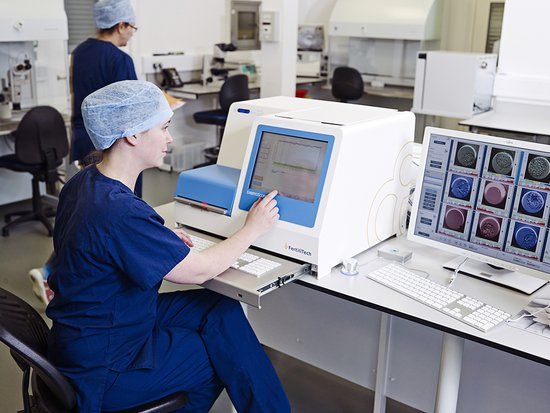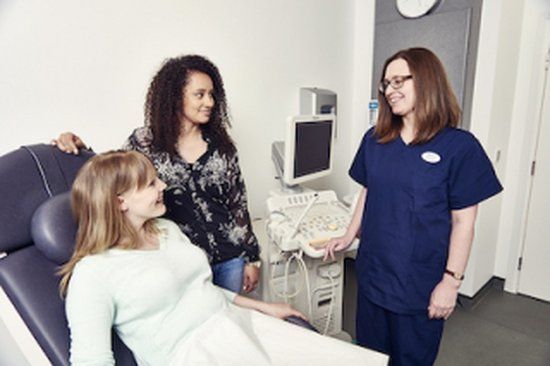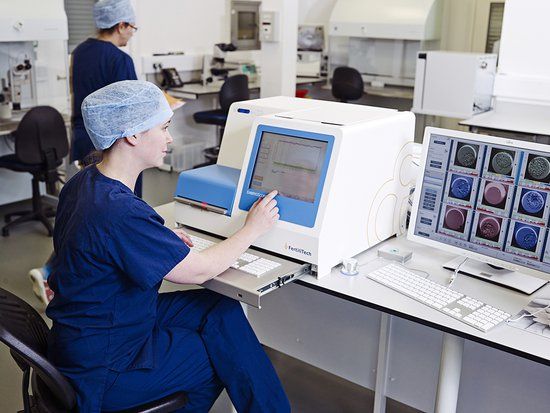If you’ve had failed IVF cycles despite having good quality embryos, or are using a donor egg to have a family, one of the procedures we may offer you as part of your treatment is a simple endometrial preparation procedure which may help embryos to implant.
The short procedure, which only takes around 15 minutes, has been widely reported in the media recently following a study by Guy’s and St Thomas’ Hospital, which showed it may help boost IVF success rates. In their study, nearly twice as many women who had repeated failed cycles through implantation failure became pregnant following the treatment (48%) than without (26%).
So what does it involve? The endometrial lining of your womb is gently ‘scratched’ using simple equipment before your IVF cycle starts. It’s not painful, and is similar to undergoing a smear test. As it is a simple and quick procedure, there is minimal risk of complications.
This scratching of the lining is thought to change how the endometrial lining grows back following the procedure, making it more receptive to any embryos which are later transferred as part of your cycle.
This is why at Manchester Fertility we already offer it as a procedure to our patients who have had implantation failure, when their embryos were good quality and all other aspects of their IVF cycle showed a good prognosis, yet the embryo still failed to implant.
More studies are now underway using larger groups of women, but there are high hopes that the increase in pregnancy rates already shown from this latest small scale study of 911 women will result in higher numbers of live births. If so, then this endometrial preparation could be routinely used as part of all IVF cycles in the future.
If you’re interested in finding out more about how this procedure may help you, please contact us on 0161 300 2737 or email [email protected]
Last updated: 4th October 2012






